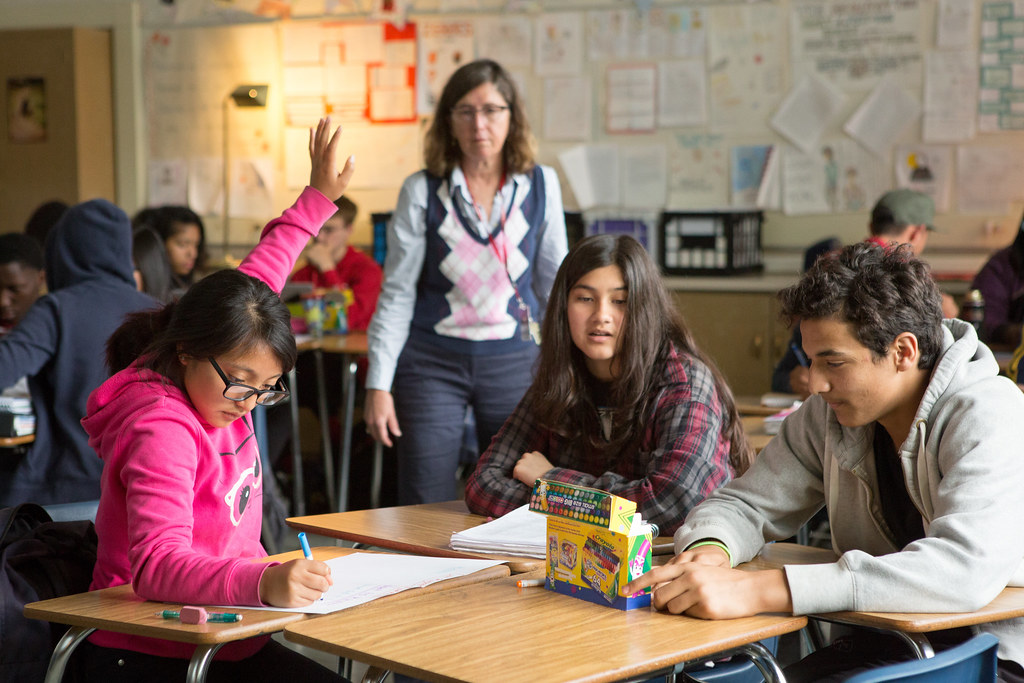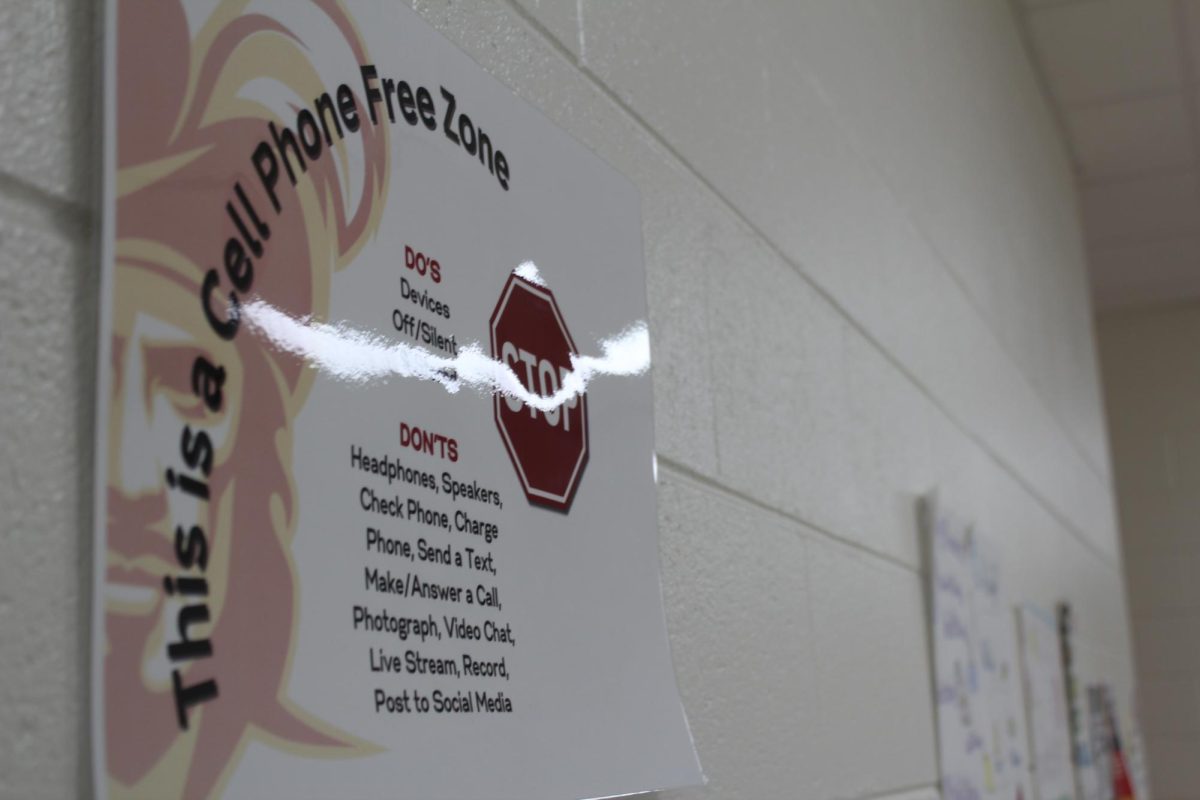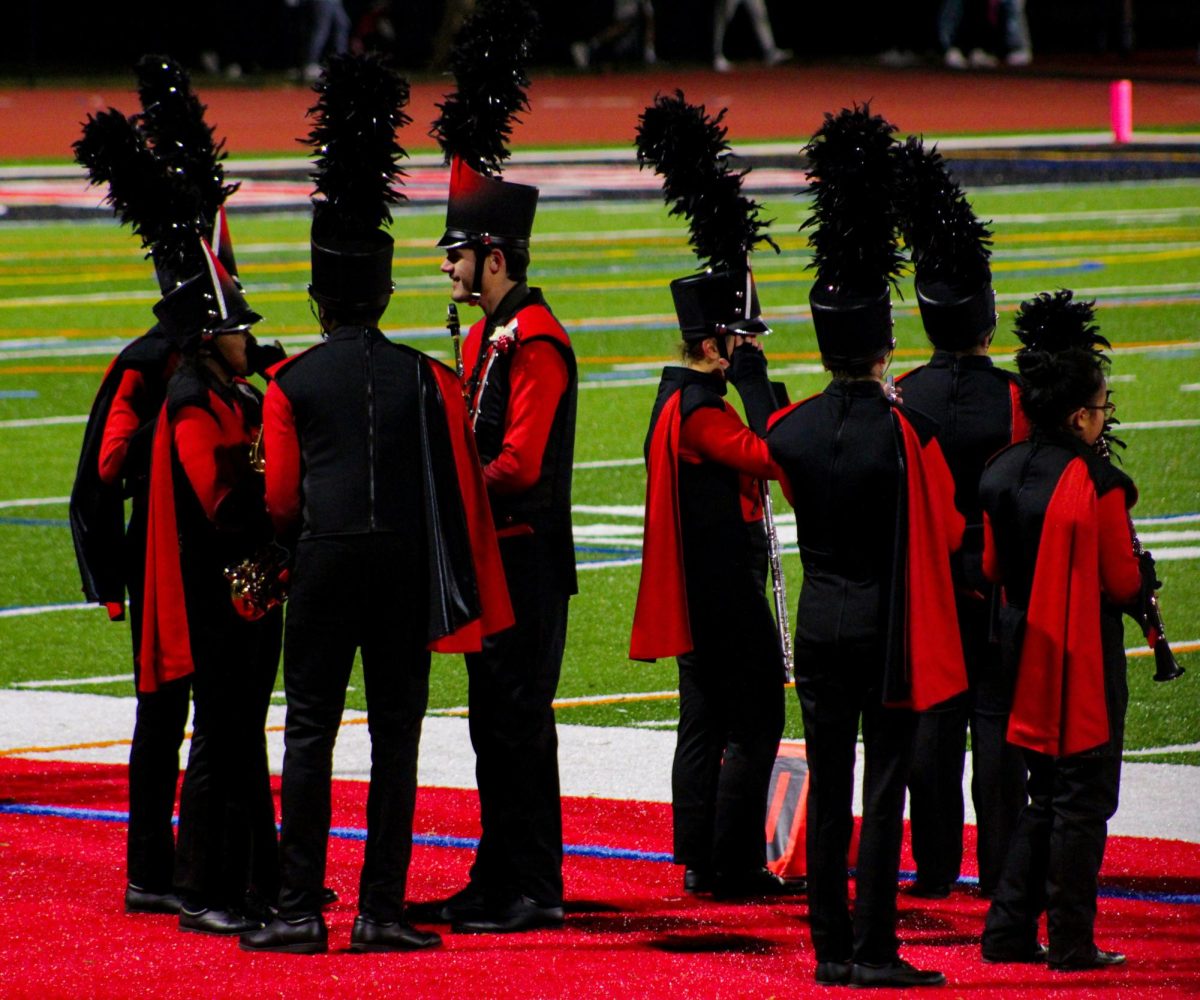Should we switch to year-round school?
Hundreds of years ago, students started getting summers off from school. “In the days before air conditioning, schools and entire cities could be sweltering places during the hot summer months… making those months the logical time in cities to suspend school,” PBS writes in an article disproving the myth of summer vacation having Agrarian roots. “A long break would give teachers needed time to train and give kids a break.”
For the most part, students and teachers in Gloucester agree that a summer vacation is the best arrangement for our schools. However, there is a small portion of the population in Gloucester that would prefer year-round school. These dissenters argue that long summer breaks cause students to not retain the information that they had previously learned. This occurrence is known as “summer slide,” and it has been shown to especially affect lower-income students.
In year-round schools, students attend classes for six to nine weeks, with two to four-week breaks. The benefits of year-round schooling include saving money on resources, preventing student and teacher burnout by having more frequent breaks, decreasing absence rates, and increasing opportunities for extracurricular activities and studying. “When teachers are required to be on campus year-round, struggling students can access regular tutoring and support they otherwise would not have in the summer months,” a Youngstown State University study states. More frequent vacation time throughout the year could make it easier for parents to schedule family trips as well as take short breaks from work to be with their children.
On the other hand, there are multiple downsides to this approach. There is not a lot of research that supports the idea that kids in year-round schools experience consequential improvement in their academic performance. Additionally, children in year-round schools would not be able to participate in sports teams or programs that take place during the summer months, initial costs of transferring to year-round schooling would be extremely high, and the costs of paying teachers full-time may not be possible for some school districts. Opportunities for attending summer camps or holding a job might also be missed out on.
A review of year-round school by Virginia.gov claims, “Virginia parents and teachers with year-round experience tended to view year-round schools positively. For instance, teachers with this experience believed that the calendar generally has a positive influence on student achievement and benefits teachers both personally and professionally.” Alternatively, parents and teachers wanting to combat the possible loss of information over summer break should consider starting a comprehensive course for their child/children and or taking advantage of libraries and other nonprofit educational programs.
Year-round schooling is an interesting concept that should be considered; nevertheless, almost all of the students, parents, and teachers at GHS are adamant that it is not the right answer to combat education loss. The people of Gloucester are comfortable with getting summer breaks off from school and are not looking for a change like switching to year-round. As the concept gains popularity in Virginia, we may start examining this notion more seriously.












































